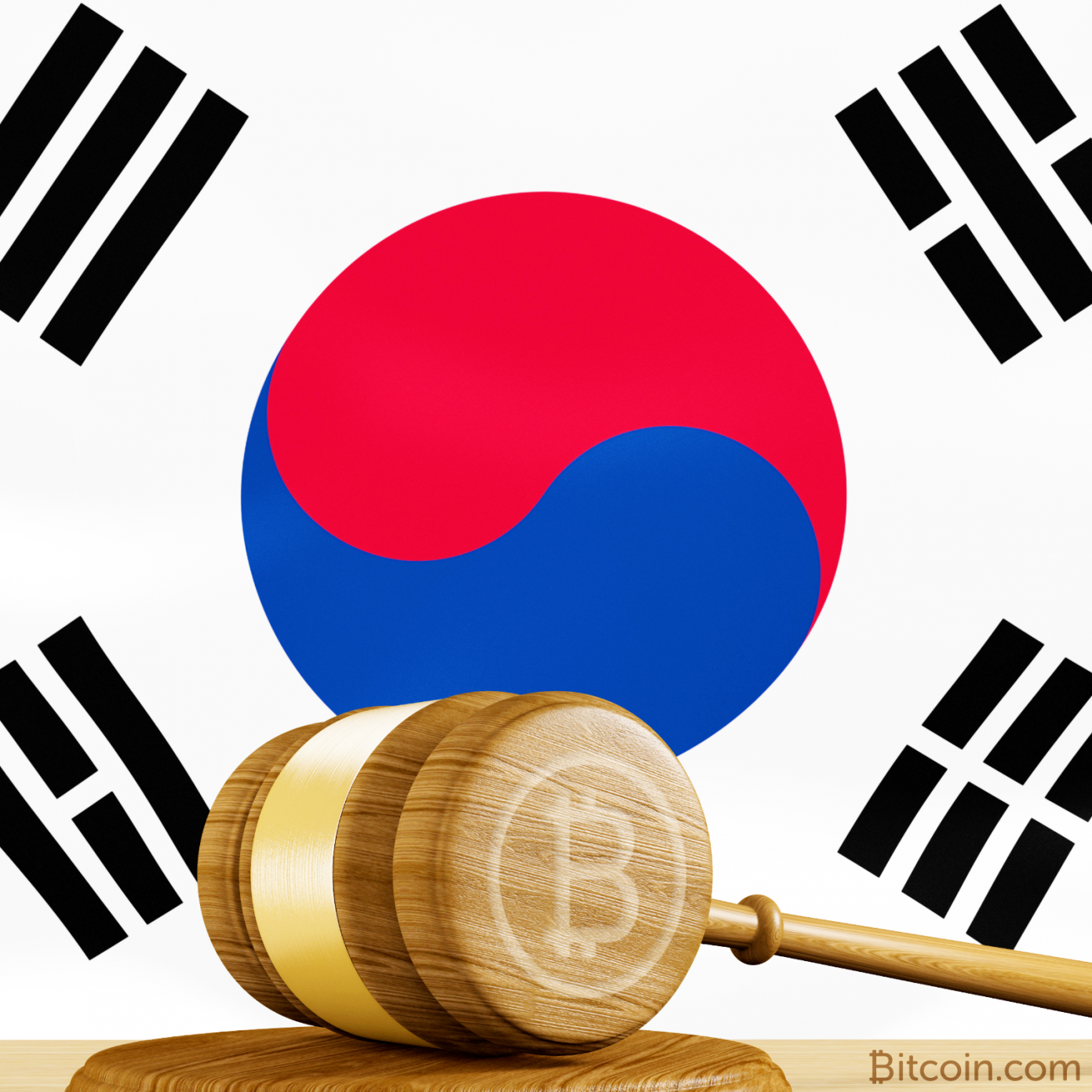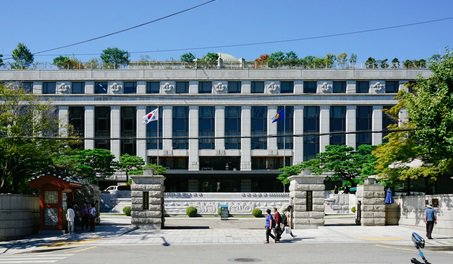
The case against the South Korean government over cryptocurrency regulations filed with the Constitutional Court has been referred to the Supreme Court. If the court rules that the regulations are unconstitutional, all existing crypto regulations imposed by the government could be nullified.
Also read: Japan’s DMM Bitcoin Exchange Opens for Business With 7 Cryptocurrencies
Case Referred to Supreme Court

The constitutional appeal filed against the South Korean government over cryptocurrency regulations at the end of December has been referred to the country’s Supreme Court by the Constitutional Court.
Lawyer Jeong Hee-chan alleged that “regulating the trade through administrative guidance without any legal grounds is an infringement of property rights,” the Korea Times reported and quoted Jeong’s law office stating:
The government’s regulations are devaluing virtual currencies by making trading very difficult…Thus, this is an infringement on people’s property rights by the government’s unlawful measures.
Jeong clarified, “We agree that regulations are necessary,” adding “but regulations should come after related laws are implemented. The petition is also a request for the government to respect people’s property rights and introduce regulations after reaching a social consensus.”
Is the Real-Name System Unfair?
 As part of the regulations for cryptocurrencies, the government has implemented a mandatory real-name system for cryptocurrency exchange accounts. The system went into effect on January 30.
As part of the regulations for cryptocurrencies, the government has implemented a mandatory real-name system for cryptocurrency exchange accounts. The system went into effect on January 30.
According to the regulators, all existing virtual accounts used by cryptocurrency traders must be converted into real-name ones in order to deposit money for trading. After one week, only 8.21% of all virtual accounts at the country’s top four exchanges have been converted into real-name ones, leaving 1.6 million accounts unconverted.
Furthermore, banks are only converting accounts for Upbit, Bithumb, Coinone, and Korbit, leaving smaller exchanges with no way to use the real-name system. The Economic Review elaborated:
The key issue is the unfairness of the virtual currency real name system…the government should clarify the grounds for enacting the virtual currency real name system in the main judgment. The basic rights of the people in the Constitution can be restricted only by laws set by the National Assembly.
“The government insisted it [the real-name system] is legitimate based on the Banking Law and the Financial Information Act,” Top Star News described, adding that:
If the court makes an unconstitutional judgment, all the existing [cryptocurrency] regulations of the government can be nullified.
According to the Economic Review, the matter “shall be concluded within 180 days” from the date of filing under the Constitutional Court Act which was on December 30. Therefore, the case is expected to conclude by the end of June.
Do you think the court will rule that the cryptocurrency regulations are unconstitutional? Let us know in the comments section below.
Images courtesy of Shutterstock.
Need to calculate your bitcoin holdings? Check our tools section.
The post Korean Supreme Court to Judge Whether Crypto Regulations Are Unconstitutional appeared first on Bitcoin News.
Powered by WPeMatico
